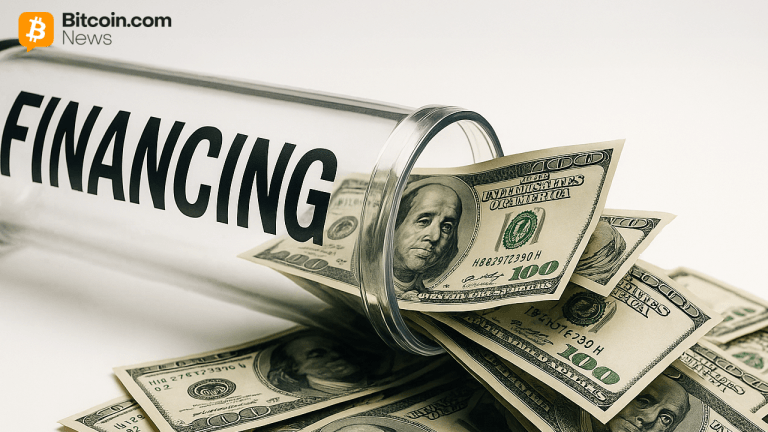Biggest Money Managers Are Selling Off $100B Of Stocks By Year’s End, Says JP Morgan
2 min readA recentJPMorgan andStonex Groupstudy has revealed that the worlds most prominent money managers are in the process of unloading up to $100 billion of stocks by the end of 2022.
The sovereign wealth funds could be selling roughly $29 billion in equities by the end of December. Meanwhile, U.S. defined benefit pension plans would need to shift up to $70 billion from equities to bonds to hit their targets,reportsBloomberg quoting the JPMorgan estimates.
The recent equity market correction and bond rally are consistent with the rebalancing hypothesis, Bloomberg quoted Vincent Deluard, a macro strategist at StoneX.
Deluard said that some level of rebalancing hadalready taken place last week.
Investors had to sell stocks and buy bonds to get back to target. So it makes sense for this to continue until the end of the year, he added.
JPMorgan also mentioned that Japans $1.6 trillion GPIF pension fund would have to sell $17 billion of equities to reach its target asset allocation.
Also Read:Cramer Says Don't Expect Fed To Go Easy On Economy Because Markets Are Suffering: 'Powell Won't Be Shedding Any Tears'
Additionally, the $1.3 trillion Norwegian Oil Fund could transfer $12 billion out of stocks and into bonds.
These fourth-quarter equity sales are a reversal of thefirst- and second-quarter trends. This is because big funds were buying stocks during that period and fuelingstrong, but short-lived rallies, reports Bloomberg.
JPMorgan strategist Nikolaos Panigirtzoglousaid that the last time these major funds had to unload stocks was in the fourth quarter of 2021.
Last week, The Federal Reserve raised its key interest rate for the seventh time in 2022. It also signaled that more hikes are in the cards for 2023.
Fed Chair Jerome Powell made it clear that higher rates are still needed to control inflation fully and warned that interest rates would remain elevated.
The policymakers have forecasted that their critical short-term rate will reach 5% to 5.25% by the end of 2023.
Photo via Shutterstock.






